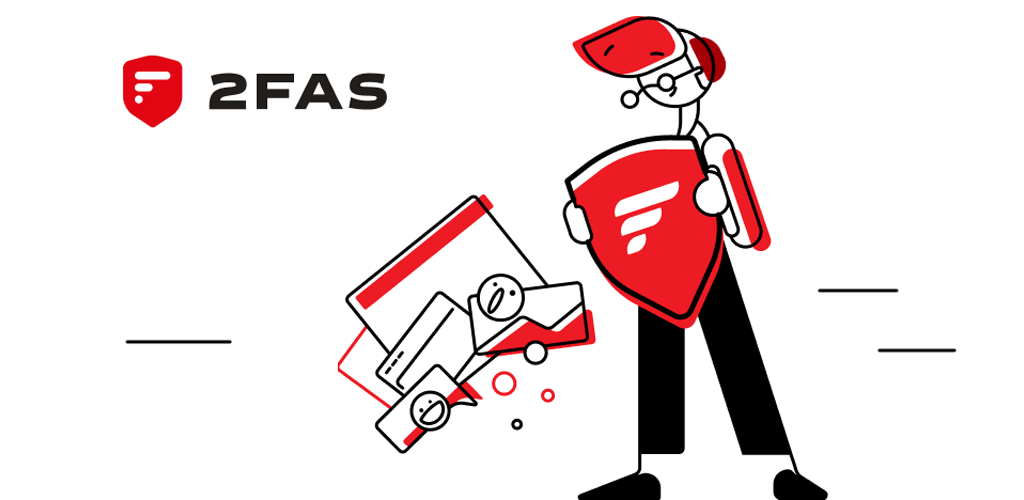Parrot OS: A Privacy-Focused, Penetration Testing Powerhouse
1. What Is It?
Parrot OS is a Debian-based GNU/Linux distribution designed for security, privacy, and digital forensics applications. Often compared to Kali Linux, Parrot OS provides a comprehensive suite of penetration testing, incident response, and privacy tools right out of the box. Whether you’re investigating vulnerabilities, reverse engineering software, or simply seeking a privacy-centric OS, Parrot aims to serve as an all-in-one platform.
Which Problem Does It Solve? Securing modern networks and systems demands advanced tools for vulnerability scanning, cryptography, anonymity, and forensics. Parrot OS consolidates these into a pre-configured environment, easing the burden for security professionals or privacy enthusiasts. From a MyDigitalFortress perspective, it helps users maintain digital autonomy and control over privacy across both desktop usage and security research.

2. Technical Foundations
Debian Base & Custom Toolset
Parrot OS is built on Debian’s Testing branch, ensuring relatively up-to-date packages while maintaining decent stability. On top of the Debian core, Parrot layers a specialized repository of security, forensics, and privacy tools—including penetration test kits, cryptographic applications, and secure communication clients. Pre-installed items range from Wireshark to Metasploit, plus anonymizing tools like Tor and AnonSurf.
Lightweight Desktop & Rolling Release
By default, Parrot uses the MATE desktop environment for a lightweight yet functional user experience. Some editions also offer KDE or other desktops. Parrot OS follows a rolling release model (tracking Debian Testing), regularly updating security packages to keep you on the cutting edge. This ensures newly discovered vulnerabilities or exploit tools get integrated quickly—but demands more frequent updates than a stable release distribution.
Privacy-First Mindset
Unlike some pen-testing distros that focus primarily on offensive tooling, Parrot OS includes built-in privacy features, such as:
- AnonSurf: Routes traffic via Tor for anonymizing connections.
- Encrypted Persistence: If running from USB, securely store data with full encryption.
- Sandboxing Apps: Tools like Firejail isolate risky applications from the rest of the system.

3. Who Is It For?
Parrot OS is aimed at security professionals, ethical hackers, privacy advocates, and forensic investigators. Typical audiences include:
- Penetration Testers & Red Teams: Need a Debian-based distro preloaded with auditing and exploit tools.
- Forensic Analysts: Handling incident response or digital evidence in a sandboxed environment.
- Privacy-Focused Users: Seeking secure defaults, anonymizing proxies, and encryption out of the box.
- Students & Researchers: Learning cybersecurity or digital forensics in labs or academic settings.
For general desktop use, Parrot can also function as a daily driver, though it’s more resource-intensive than minimal Debian. From a MyDigitalFortress standpoint, it’s well suited for users wanting a secure, rolling-release OS emphasizing both offensive and defensive security tooling.
4. Use Cases & Real-World Examples
- Vulnerability Assessments: A freelance pen tester uses Parrot OS to quickly spin up Metasploit, Nmap, and Wireshark, analyzing client networks for exploitable weaknesses.
- Malware Analysis: Security researchers run samples in a sandboxed environment, leveraging tools like radare2 or Ghidra for reverse engineering.
- Anonymous Browsing & Communication: Privacy-conscious individuals rely on Tor and AnonSurf for secure web usage, mitigating tracking or censorship.
- Digital Forensics: Law enforcement or corporate investigators gather evidence from compromised systems using specialized forensics apps (like Autopsy or Volatility).
5. Pros & Cons
Pros
- All-in-One Security Toolkit: Huge array of pre-installed pen-testing, forensics, and privacy tools.
- Debian-Based Stability: Familiar apt commands, broad package compatibility, and decent reliability.
- Privacy Features Built-In: AnonSurf, Tor, full-disk encryption, and Firejail sandboxing for safer operation.
- Rolling Release Convenience: More frequent updates, quickly obtains latest security packages.
Cons
- More Frequent Updates Needed: Rolling release demands constant patching, which can cause occasional breakages or conflicts.
- Resource-Intensive for General Use: Running large security tools or anonymizing layers can slow performance on low-end hardware.
- Potential Overkill for Casual Users: Many specialized apps remain unused if you’re not in security or forensics fields.
- Steep Learning Curve: Beginners might feel overwhelmed by advanced pen-testing tools and configurations.
6. Getting Started
Ready to try Parrot OS? Here’s a brief how-to:
- Download the ISO: Visit the official downloads page and pick the edition (Security, Home, KDE, etc.) matching your needs.
- Verify & Create Bootable Media: Use checksums or GPG signatures to confirm ISO integrity. Then flash to USB with Rufus (Windows) or Etcher (macOS/Linux).
- Live Session or Install: Boot from USB to explore the live environment. Optionally install to your HDD/SSD for a permanent setup.
-
Perform Updates: After installation, run
sudo apt update && sudo apt full-upgradeto pull rolling-release updates. - Familiarize with Tools: Browse the Applications > Parrot menu, read official documentation for pen-testing and privacy usage, and practice in test labs before any real engagements.
7. Conclusion & Next Steps
Parrot OS stands out among security-oriented Linux distros for its privacy-by-default stance and Debian-based stability. While tools like Kali remain popular, Parrot’s built-in anonymity layers, daily-driver-friendly approach, and rolling updates make it a compelling choice for professionals and enthusiasts alike.
At MyDigitalFortress, we appreciate solutions that empower users with robust security features while respecting privacy needs. If you’re looking to run penetration tests, digital forensics, or merely prefer a secure OS for everyday tasks, Parrot OS can be an excellent platform—provided you’re comfortable with the rolling release cadence and advanced suite of hacking tools.
Next steps? Download the ISO, boot into a live environment, and explore the wide array of pen-testing, encryption, and forensics utilities at your disposal. If it suits your workflow and digital fortress vision, Parrot OS can become a steadfast ally in securing networks, analyzing software, and preserving your online privacy.





